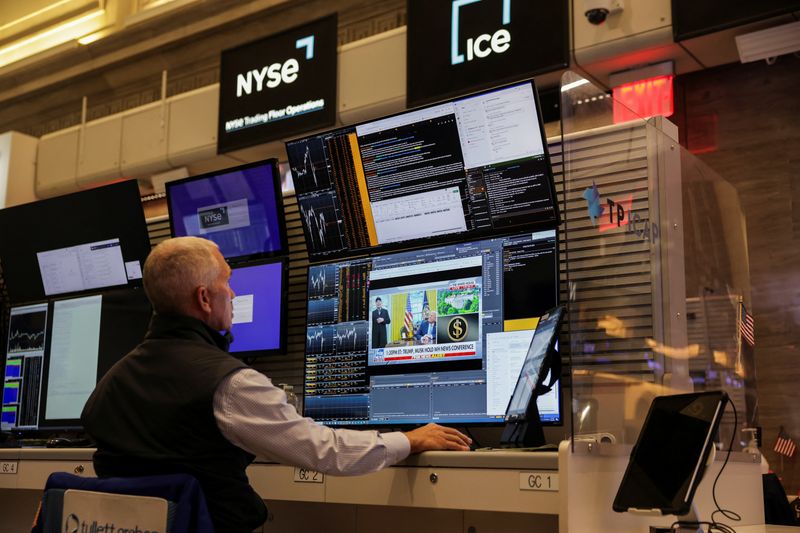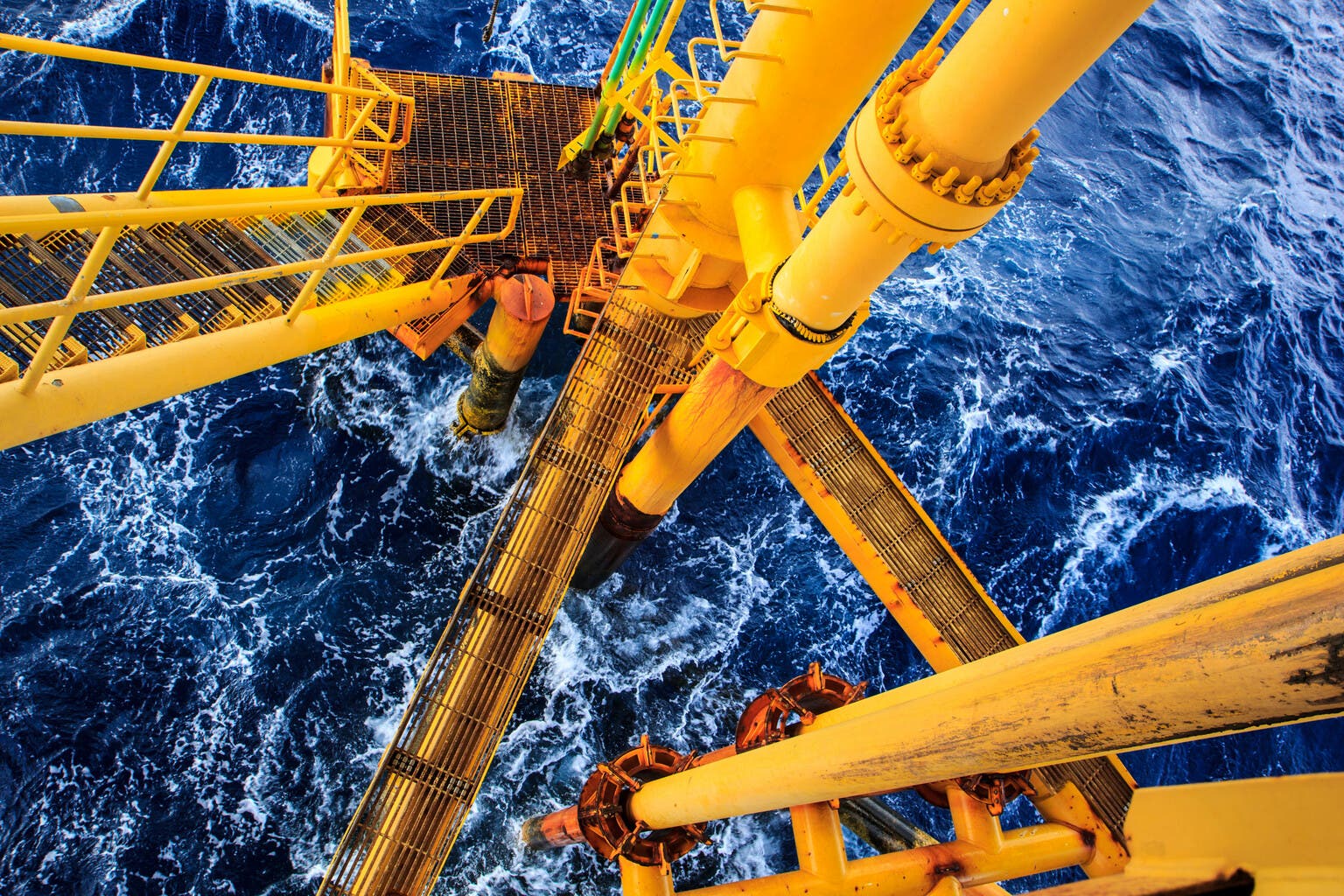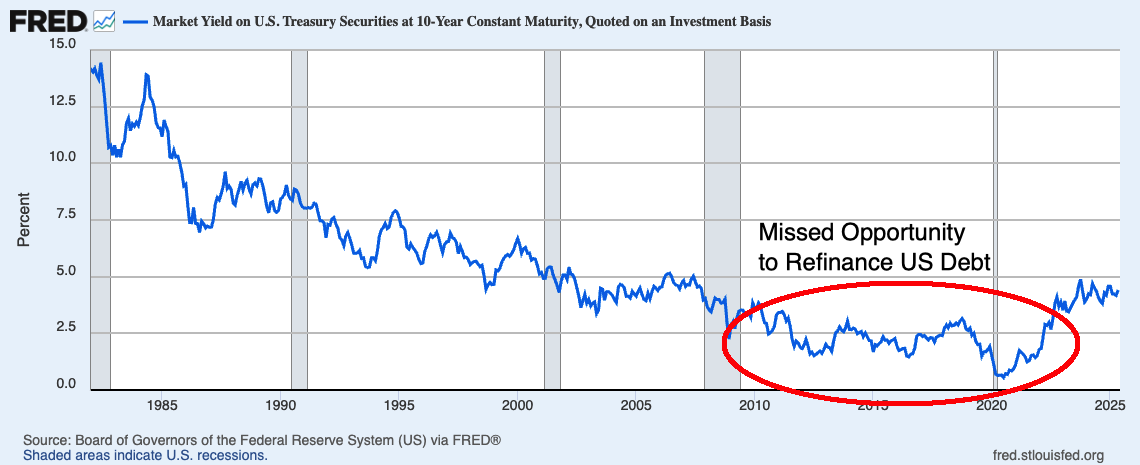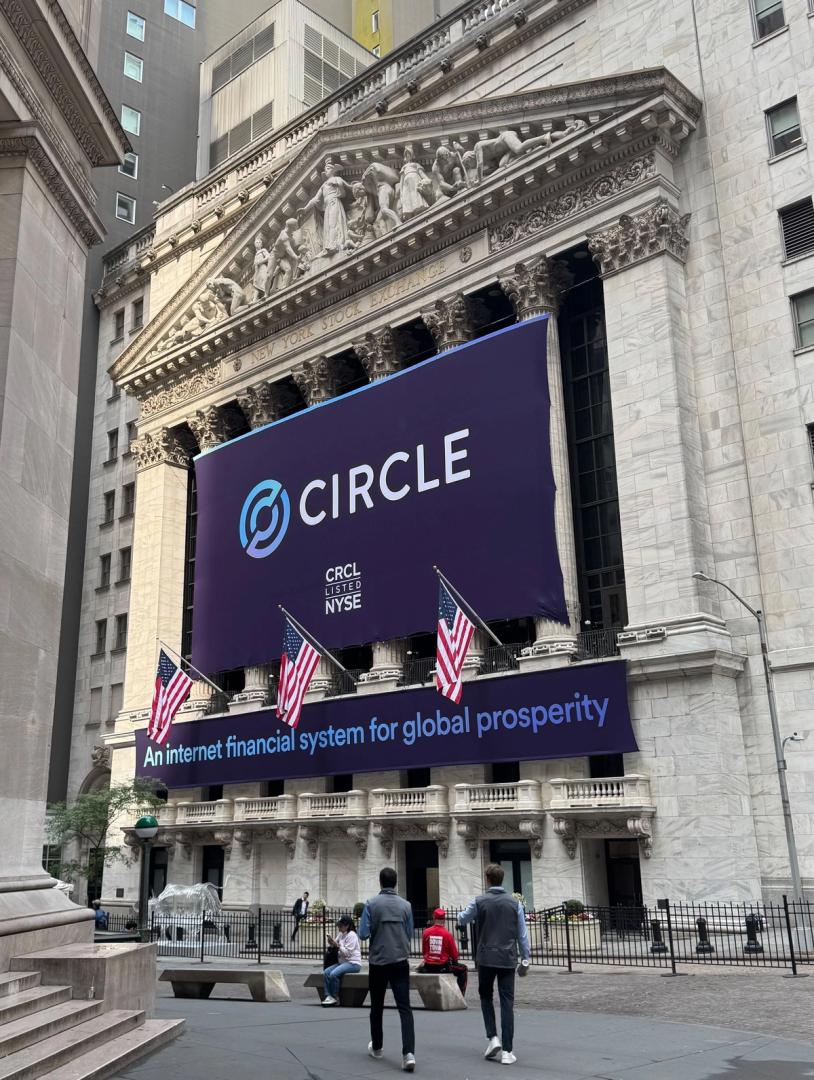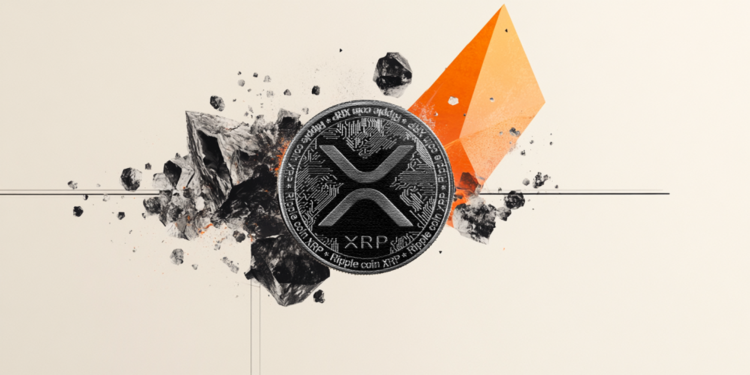Electric Ship Market Innovation to Drive Long-Term Growth and Competitive Advantage
Market Overview
The global electric ship market is gaining momentum as the maritime industry shifts toward sustainable and energy-efficient solutions. Electric ships, powered by batteries, hybrid systems, or fuel cells, are designed to reduce greenhouse gas emissions and fuel costs. With increasing global emphasis on decarbonization, governments and private entities are investing in electric vessel technologies. The market is witnessing strong interest across commercial, defense, and recreational segments, creating opportunities for innovation and collaboration.
Key Market Growth Drivers
The rising pressure to meet international environmental regulations, such as IMO emission reduction targets, is a major driver of electric ship adoption. Technological advancements in battery systems and energy storage solutions have significantly improved operational range and efficiency. The growing need for low-noise, low-emission alternatives in inland and short-sea shipping, along with increasing investments in electrification infrastructure at ports, is accelerating demand. Supportive government policies and incentives are also encouraging shipbuilders and operators to transition toward electric propulsion.
Key Companies
-
ABB
-
Baltic Workboats AS
-
Boesch Motorboote AG
-
Bureau Veritas
-
Canadian Electric Boat Company
-
Corvus Energy
-
Duffy Electric Boat
-
Electrovaya Inc.
-
Kongsberg
-
Leclanché SA
-
MAN Energy Solutions SE
-
Norwegian Electric Systems AS
-
Siemens
-
Triton Submarines
-
Vard AS
-
Wärtsilä
-
Yara Birkeland
Market Challenges
The electric ship market faces challenges including high initial investment costs and limited energy storage capabilities for long-distance routes. Battery technology, while advancing, still struggles with scalability for large commercial vessels. The lack of widespread charging infrastructure at global ports also poses logistical limitations. Moreover, the maritime sector’s traditional reliance on diesel engines presents resistance to rapid adoption, requiring substantial retrofitting and training efforts.
Regional Analysis
Europe leads the electric ship market due to strong regulatory support, robust shipbuilding industries, and environmental commitment. Countries like Norway are pioneers in deploying electric ferries and cargo vessels. North America is also progressing, with electric boat adoption in commercial and recreational sectors. The Asia-Pacific region, particularly China and South Korea, is expanding rapidly with significant government backing and shipbuilding capacity. Latin America and the Middle East & Africa are in earlier stages but are exploring electrification through pilot programs and port modernization initiatives.
Conclusion
The electric ship market is poised for consistent growth as the global maritime industry embraces sustainable technologies. With increasing regulations, technological progress, and environmental awareness, electric propulsion systems are becoming more viable across vessel types. While challenges such as cost and infrastructure remain, continued investments and international collaboration are expected to overcome these barriers. The shift toward electric ships represents a crucial step toward a greener and more efficient future for global maritime transport.
Blood Transfusion Diagnostics Market
Congestive Heart Failure Market
Chronic Obstructive Pulmonary Disease Market
Xerostomia Therapeutics Market
Artificial Intelligence in Cancer Diagnostics Market







